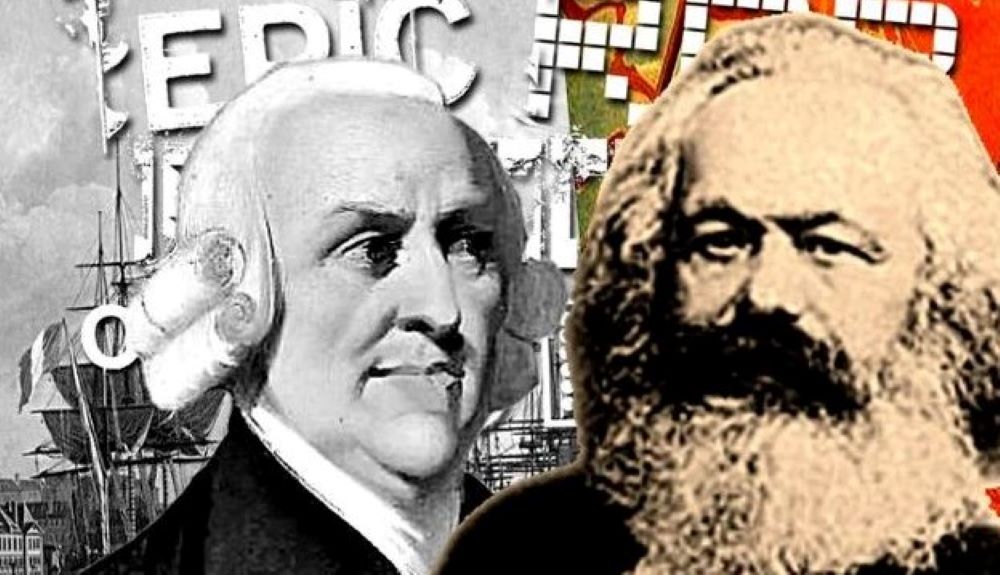If we take a look around, we can see that in Montenegro we don’t have a left, but in its place is a right falsely representing itself. The existing nominal right, on the other hand, is conserved in struggles that belong to a time long passed.

Stefan Djukic
The tectonic turbulences that occurred after the fall of the Berlin Wall, the collapse of the Soviet Union (and the SFR Yugoslavia), and the transformation of the then-left in Europe and the USA into parties of the “third way” greatly shook any idea of an existence of the political spectrum. It is, therefore, not particularly useful to talk about a differentiation into left and right, while keeping conscious that the left really does live in South America, but only occasionally raises its head in Europe (growth in support for Mélenchon in France, Labor under Corbyn in Britain, individual EU parties gathered in PEL). This is even more difficult in a state which is, in these terms, pre-political – due to too long of a period of immutable power.
As much as the purists would like us to think of left-right divisions on the basis of Marx-Smith, this is not the case today. They have turned into a wide range of passings that are often dictated by current events in the USA or other influential countries. So we find these divisions in the issues of NATO-Russia, atheism-religiousness, as well as a whole series of social issues about marriage, abortion, LGBTIQ rights, security issues, immigration and the like.
After World War II, power in Montenegro was held by nominal “leftists” until 2020. The Montenegrin branch of the Union of Communists was transformed into the Democratic Party of Socialists in 199, and from 1997 onwards, they and other parties, socialist in name, always made up the government structure. I believe that it would surprise everyone that parties with these names presided over the absolute sale of former social and then state property, and that they economically promoted the idea of a free market and neoliberalism, which in practice was pure cronyism, a type of capitalism in which connections between leaders from politics and business open all business doors. After the change of government, their biggest engagement in terms of the economy was a fierce criticism of a reform based on the increase of minimum wage. Being on the left and developing cronyism, selling off state assets and fighting the minimum wage is a pure oxymoron. At the same time, these parties were not in line with the leftist ideas of anti-militarism, anti-imperialism, cosmopolitanism, progressive taxation system, budgetary favoring of healthcare services, education, public transport and investment in universal systems of law and security.
The right, on the other hand, behaves as if it were in the seventies. The conservative spectrum always trots a little bit behind current events, sure, but returning to issues that even the contemporary right has solved a long time ago is a mode of behavior. There is constant talk about the bequests of rulers from previous centuries, ancestral faith and the Slavic soul, about “living like our elders”, while flirting with conspiracy theories from the margins of the western right-wing spectrum as they fight against the “evils of the modern world”. There are hardly any differences between the doctrines of these politicians and religious leaders, and quite often the politicians themselves are behind dogmatic statements of religious dignitaries.
If we take a look around, we can see that we don’t have a left, but in its place is a right falsely representing itself. The existing nominal right, on the other hand, is conserved in struggles that belong to a time long passed. In Montenegro, you can say that you are a leftist or a rightist, but you would not have a party that represents you ideologically or that is interested in the Marx vs Smith axis.
Stefan Đukić is a graduate philosopher, columnist and essayist



Leave A Comment